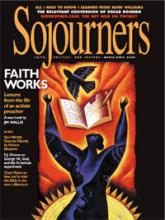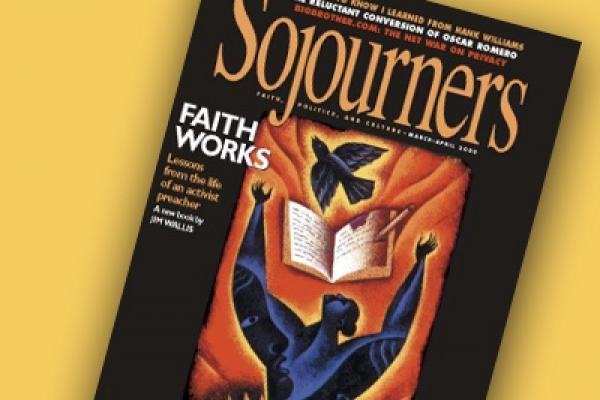Don’t be mistaken. Archbishop Oscar Romero was an ordinary man. When soldiers pointed guns at him or made crude threats, he sweated, he trembled, he looked for where he could hide.
Romero came to be known for his courageous and eloquent public denunciations of the atrocities and injustice committed by the military in the turbulent years before El Salvador’s bitter civil war. But for much of his earlier career, he was politically cautious.
In 1968, the Latin American Catholic bishops gathered at Medellín, Colombia. They spoke of the "institutionalized sin" that afflicted and oppressed the majority of people in Latin America, and they called the whole church to a preferential option for the poor. For a long time Romero wanted nothing to do with this. He squelched community-based pastoral projects that he felt were too radical. He steadfastly protected the status quo.
Romero was named archbishop of the archdiocese of San Salvador on February 10, 1977. On February 28, a major protest of election fraud ended in bloodshed when a crowd of protesters were attacked by soldiers in the town square of the capital. Romero did not intervene or raise his voice.
Then, on March 12, 1977, a radical Jesuit priest, Rutilio Grande, was murdered along with a 72-year-old layman and a young boy. Romero had known Grande. He questioned why there was no official inquiry into the deaths. From that point forward Romero continued to ask questions which revealed that power in El Salvador lay in the hands of the wealthy—many of whom had supported him for archbishop—and that these same people tacitly sanctioned the violence that maintained their positions.
Read the Full Article

